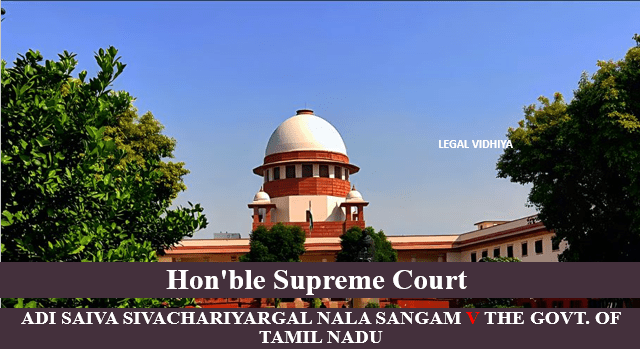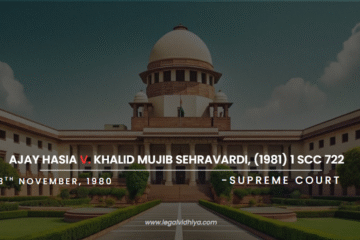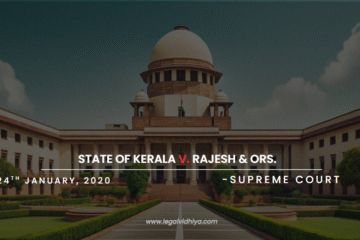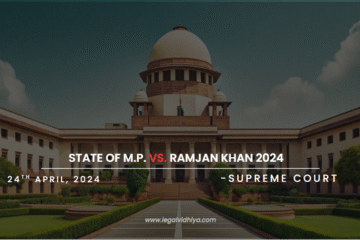
| Citation | (2016)2 SCC |
| Date of Judgment | 16 December 2015 |
| Court | Supreme Court of India |
| Case Type | WP(C)354 of 2006 |
| Appellant | Adi Saiva Sivachariyargal Nala Sangam |
| Respondent | The Govt. of Tamil Nadu |
| Bench | Ranjan Gogoi, N.V. Ramana |
| Referred | Article 14,25,26 |
FACTS OF THE CASE
A plea was filed, seeking a direction against the state and the Hindu Religious and Charitable Endowments departments from appointing Archakas (Priests) and other traditional personnel at their discretion. There was a batch of PIL petitions from All India Adi Saiva Sivachariyagal Nala Sangam by the General Secretary and 14 others. Petitions filed by association of priests Adi Saiva Sivachariyargal Nala Sangam challenges the Tamil Nadu Government’s 2006 order allowing Hindus with requisite qualifications, irrespective of their caste, to become priests in temples in the state.
ISSUES
The temple Archakas(priests) to be appointed from within certain Brahmin Sects within religious denominations.
ARGUMENTS
From petitioner’s side
The petitioners argued that Qualification under the rules of 2020 cannot apply for the post of Archakas to be appointed in Temples where construction and worship are done as per the Agamas. The counsel for the petitioner made various arguments referring to the Tamil Nadu Hindu Religious and Charitable Endowments Act, 1959.Seshammal and others cases were referred to by citing certain paragraphs for appointment of Poojari/Archaka. Therefore, the prayer was to strike down the provisions under challenge as well as the advertisement issued by the Executive Officer called for applications for appointment to the post of Archaka/Poojari. The rights of appointment lies with the temple trustees and the government is trying to take over these rights.
The Petitioners also argue that they want to constitute a committee headed by a Retired High Court Judge to identify the temples where construction and worship are done by the Agamas, to prove that the Supreme Court had allowed in its judgment, the appointment of an Archakas as per the Agamas. There are various agamas, and the identification of temples about agamas is a pre-requisite for the appointment of Archakas because different agamas follow different worshipping procedures. Therefore, the individual appointments of Archakas should be allowed.
From Respondent’s side
The respondent’s argued that, in the State of Tamil Nadu, there are more than 35000 temples under the Hindu Religious and Charitable Endowments Department. Identification of those temples constructed as per the Agamas and further bifurcation will solve the issues often brought before this court to challenge the appointment of Archaka/Poojari. But this task is very vast and unreasonable.
JUDGEMENT
Article 26 of the Indian Constitution states that every religious entity has the right to establish and maintain institutions for religious and charitable purposes and manage and govern its own affairs by how the religion denotes it. The challenge to certain provisions is not justified. However, the court applied the doctrine of reading down to protect the petitioners’ rights guaranteed under Articles 16(5), 25 and 26 of the Constitution.
The appointment of Archakas in the temple or group of temples constructed under the respective Agama shall be governed by the Agamas and not by Rules 7 and 9 of the Rules of 2020. Hence, all the writ petitions are disposed of.
REFERENCES
Written by Hotisha Kapoor an intern under legal vidhiya.




0 Comments